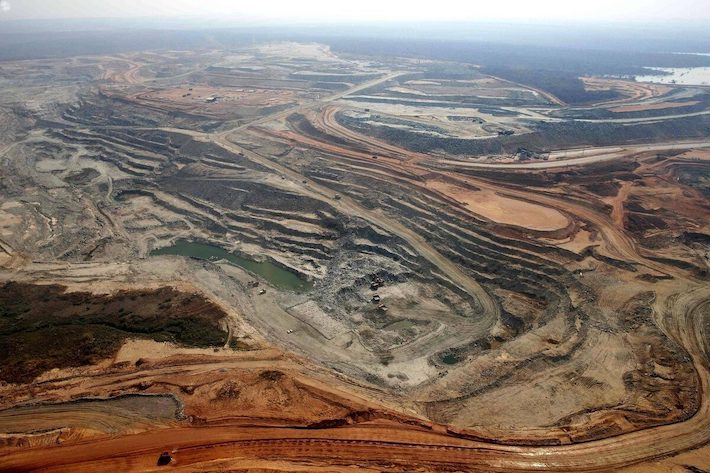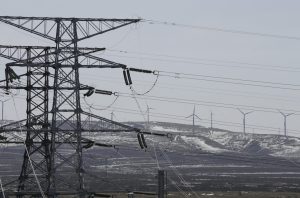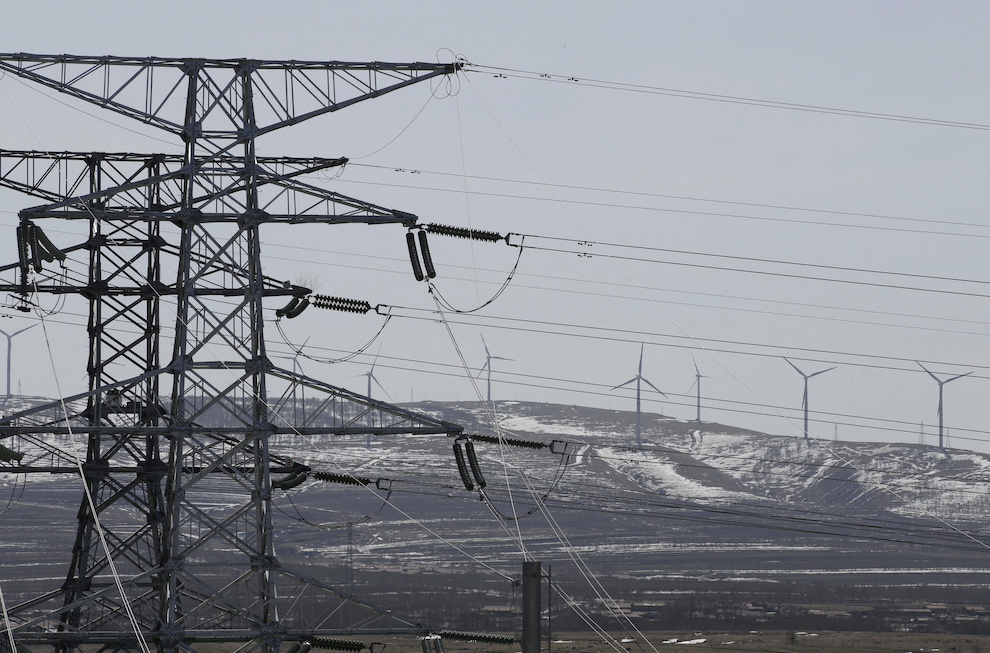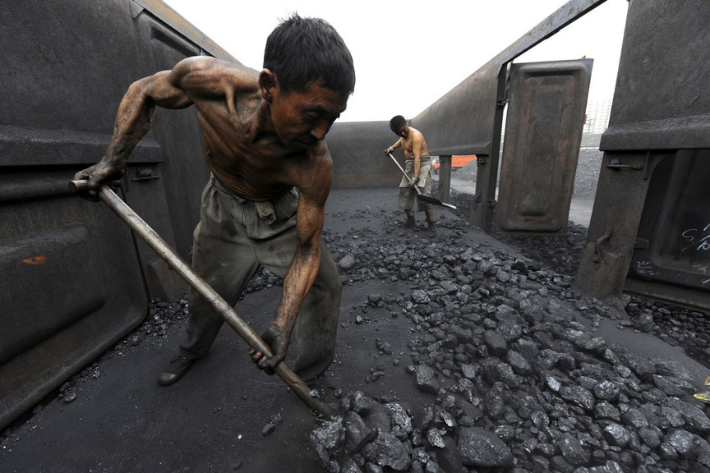US officials in southern Africa have been ordered to keep away from the Kafue River in Zambia to avoid potentially serious health problems caused by a toxic waste spill from a tailings dam at a copper mine operated by a Chinese company.
The dam collapse in February led to an environmental disaster, with an estimated 1.5 million tons of toxic material flowing into the river, which runs through the heart of the country, according to a report by Associated Press, which said the amount was vastly more than initially admitted by mine operator Sino-Metals Leach Zambia.
There are now claims that Sino-Metals, a subsidiary of state-run China Nonferrous Metal Mining Group, has attempted to cover up the scale of the crisis by terminating the contract of a South Africa-based environmental cleanup company that spent two months investigating the accident, the report said.
ALSO SEE: Prabowo Cuts Lawmakers’ Benefits After Riots in Indonesia
The South African firm Drizit said it gave a preliminary report to Sino-Metals “indicating the severity of the problem” was much worse than the company or government had admitted, after analysing over 3,000 samples and finding dangerous levels of cyanide, arsenic and heavy metals that could cause long-term health risks.
It believed a proper cleanup was needed to make sure local people face no risks over coming decades from 900,000 cubic metres of toxic substances allegedly still in the environment. However, the firm’s contract with the mining group was ended a day before their final report was due.
Sino-Metals gave a public apology after the dam collapse, but recently the company told AP it severed ties with the cleanup firm because of alleged ‘contractual breaches’ and said the Zambian government was now looking for another company to do a new probe into the February 18 dam spill.
The accident occurred near Kitwe, Zambia’s second largest city, created a huge problem because half of the country’s 21 million people rely on the Kafue for drinking water or water to irrigate their crops.
An earlier report in March said tens of millions of litres of acid-tainted waste and heavy metals flowed into the Kafue, which runs for 1,500km through the heart of Zambia, and was found to have killed fish more than 100km from the mine site.
The copper mine was shut down after the disaster, and government officials used aircraft and speedboats to pour hundreds of tons of lime into the river to try “to counteract the acid waste” and limit the damage.
The government later claimed the situation had been contained and water quality had improved. But the country’s president has called for experts to help deal with the crisis, because crops have been destroyed and groundwater contaminated.
Officials in the country appear to have been reluctant to speak out strongly over the incident as China has said it will spend $1.4 billion to restore the 1,860km rail line from Tanzania to Zambia over the next three years, then use it to export copper for a further 27 years, before handing control of the line back to local authorities.

Chinese miners’ poor record in Africa
Meanwhile, the US embassy in the Zambian capital Lusaka said in August all US officials should leave the area, because of deadly carcinogenic substances in the environment.
The environmental crisis is an economic setback for Zambia, which had hoped to boost production of copper. The metal, used in electric vehicles and batteries, is currently priced at $9,800 to $9,900 a ton.
Environmental watchdog Global Witness said in July that China had made significant progress in mitigating the impacts of mining at home, but there were environmental, social and governance problems at mines in Africa and other areas overseas because “supervisory actions from Beijing were rarely seen” and regulatory ambiguity – as guidelines for foreign operations are vague and non-binding.
A Wilson Centre report in 2023 said that Zambia was one of five main countries in Africa where Chinese companies have concentrated and exported minerals from, along with Guinea, South Africa, Zimbabwe, and the Democratic Republic of the Congo (DRC).
“Chinese companies often don’t carry out adequate environmental impact assessments or uphold those safeguards,” it said, adding that there had been multiple reports over the years of child labour and other problems – worker safety, pay violations, and threats of violence for people who speak out.
Local workers had complained of “deep indignities forced upon workers there, including a ‘colonial era’ level of discrimination — being kicked, slapped, beaten with sticks, insulted, shouted at, or sometimes pulled around by their ear, when they were not able to understand instructions in Mandarin, made errors or refused to undertake dangerous tasks.”
An ADF report in April said complaints were mounting in Zimbabwe, where Chinese companies dominate the mining sector, but have a record of paying “poverty wages” for people doing 14-hour shifts and employed on short-term contracts – “a well-documented history of labour, environmental and human rights abuses,” a local union representative said.
- Jim Pollard
NOTE: Photos at the top of this report and lower down were swapped on Sept 2, 2025.
ALSO SEE:
Chinese Mine Blamed For Zambian River Pollution Crisis – AP
China’s Green Tech Sales Pitch to Africa to Beat Western Curbs
China Investing in Africa Again, Focus on Key Energy Minerals
Fix Your Own Debt Issues, Says China on Yellen Africa Remarks
Chinese Hackers ‘Targeted Kenya Ministries Amid Debt Strains’
China’s Belt & Road Costs ‘Soared to $240bn Amid Bailouts’
China Loans to Emerging Nations Hit 13-Year Low in 2021: Study
China’s Huawei Aims to Lead a 5G Boom in Africa – SCMP
West to Take on China in Race for Africa’s Critical Minerals – SCMP
























